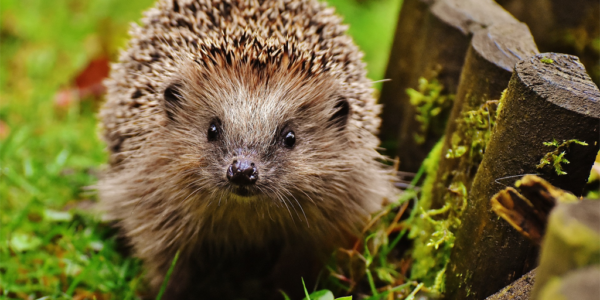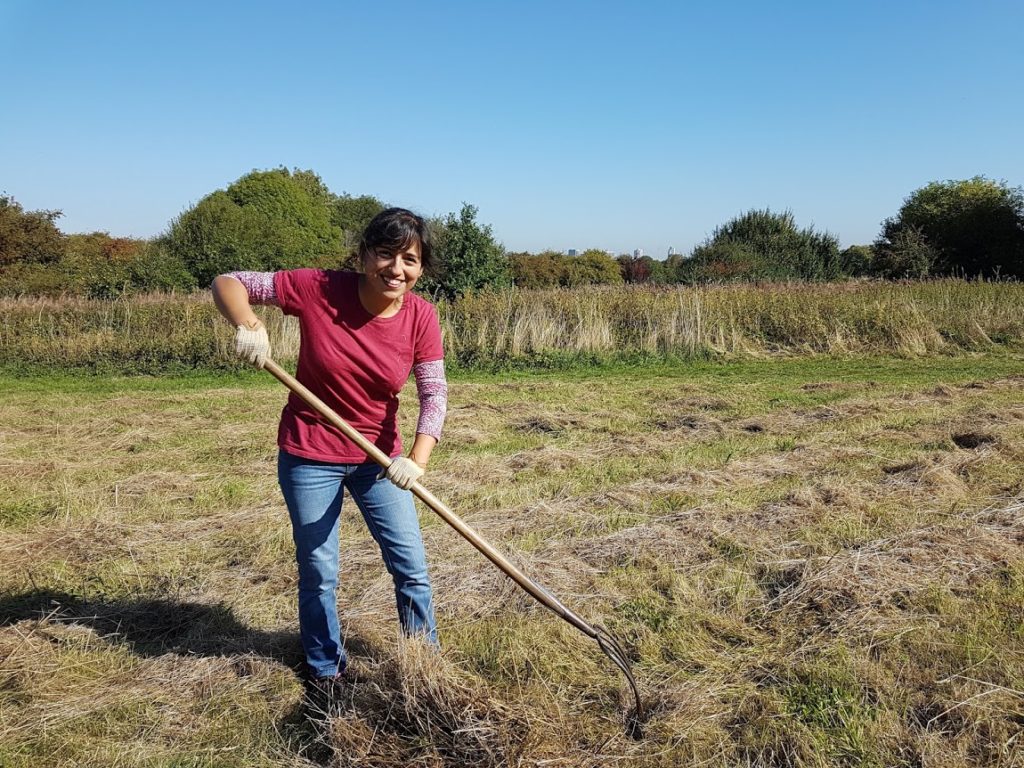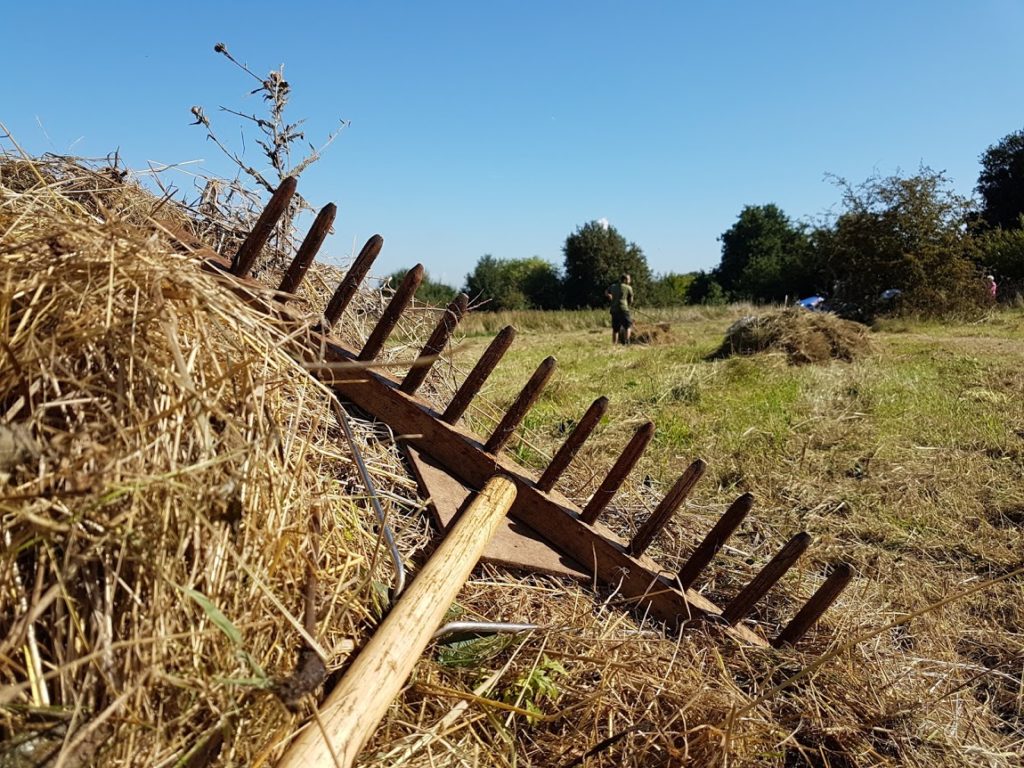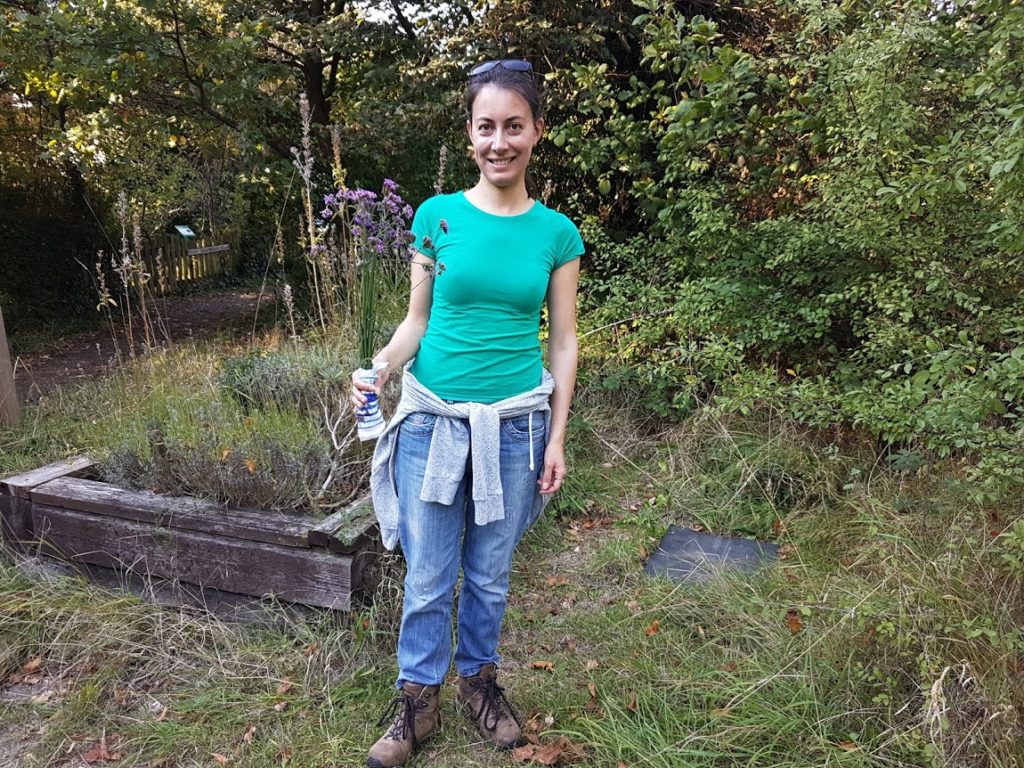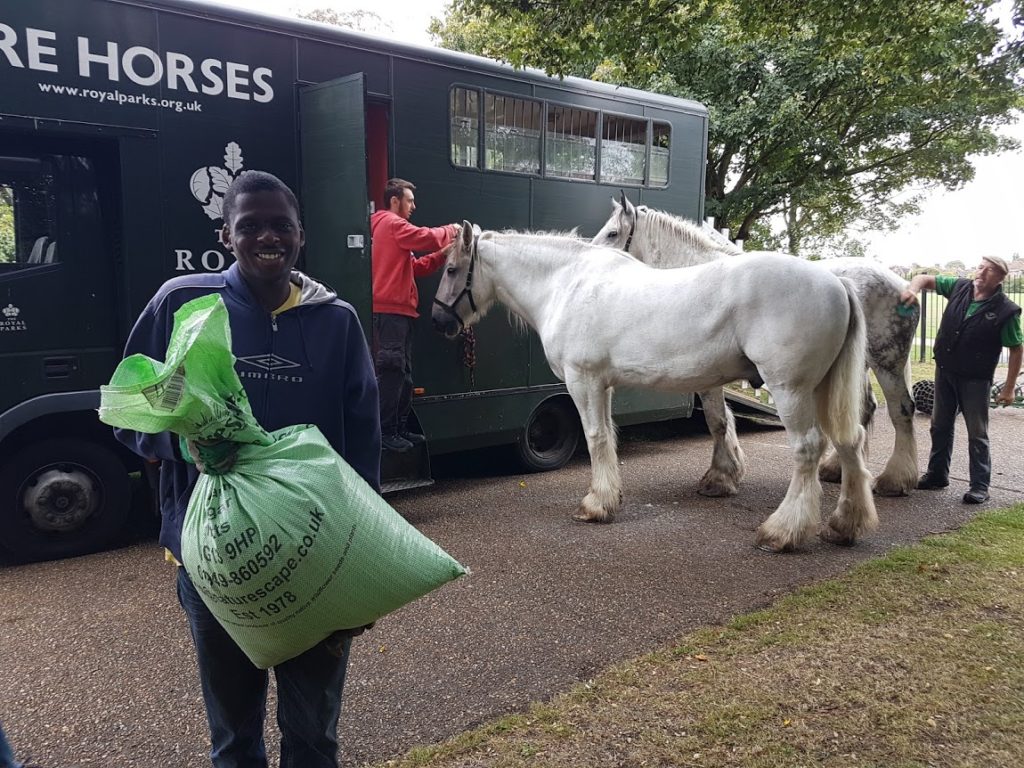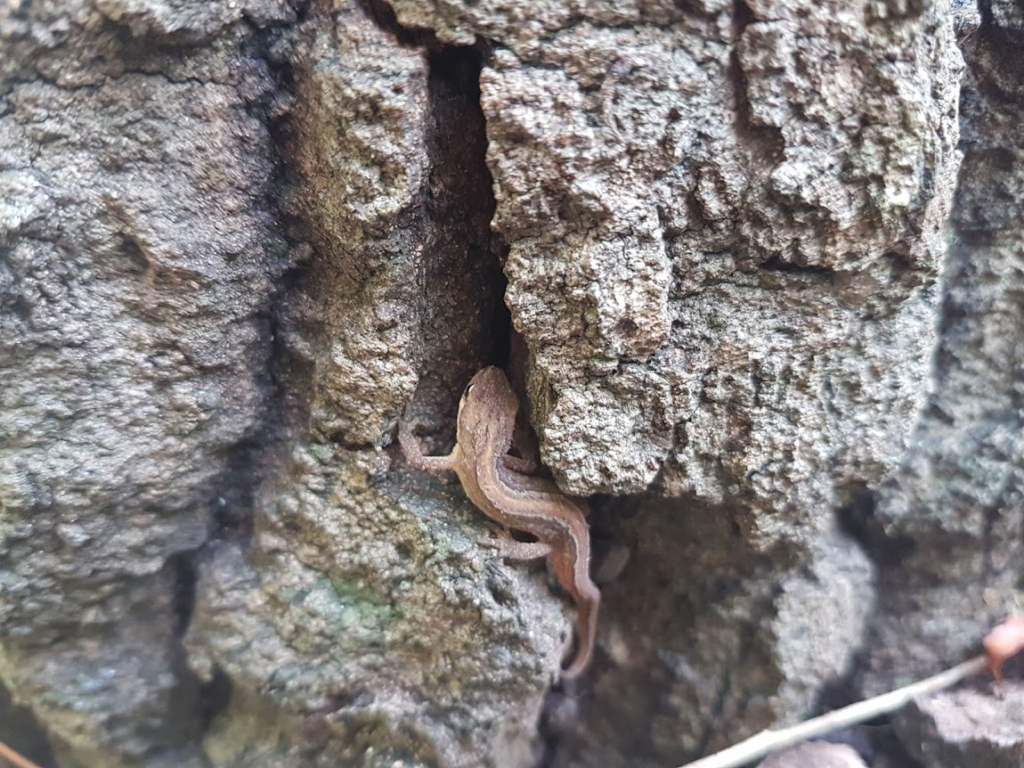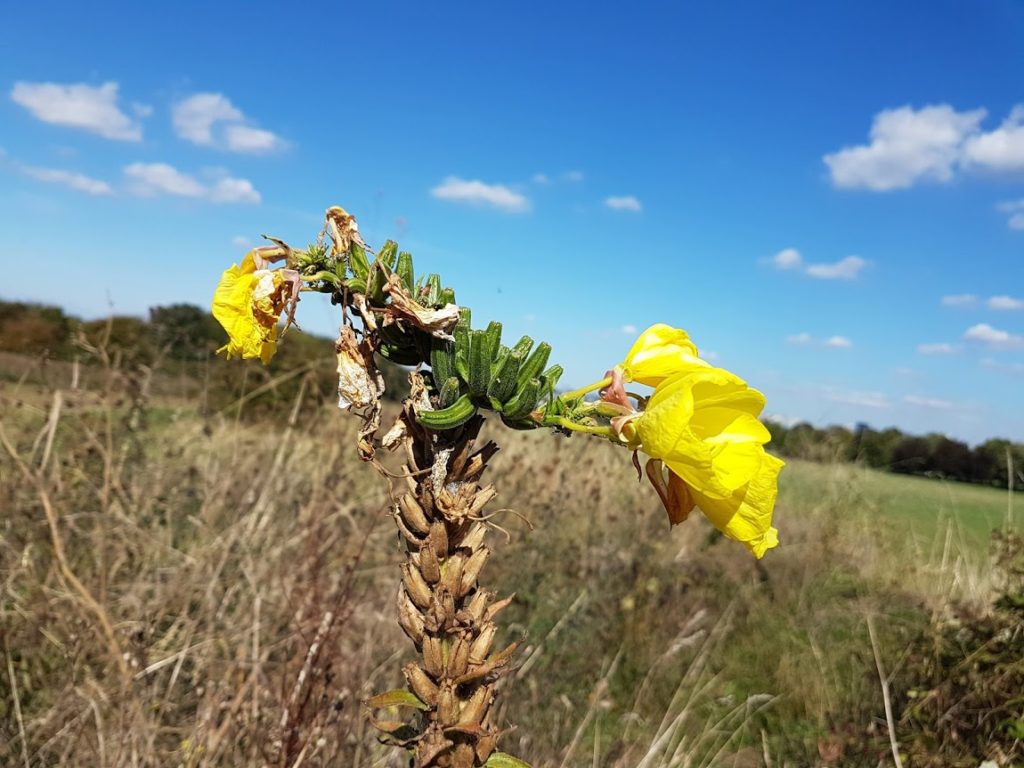Nature volunteering is nearly always available in your area. Get outdoors, meet people, save the environment – and build up amazing skills for your CV.
Nature volunteering is all about working to save the green spaces in your local area, making them sustainable for plants and wildlife. It’s great to have on your CV if you’re thinking about environmental careers, but that’s not the only reason to do it. Whatever your future brings, you can still build up a great CV from your nature volunteering experiences. And it’s great for your self-belief and mental health, too!
Ways to get involved with nature volunteering
You can’t beat using an online volunteering database to see what’s out there! I’ve been nature volunteering for six months now. I had a look on Do-it.org, which is a UK site for finding volunteering opportunities in your area. That’s where I found the Sutton Nature Conservation Volunteers, who are local to me – but you are very likely to find a similar organisation wherever you live.
Once you’ve found an organisation you like, just read up on what they do and when they do it. Then, if it still sounds good, follow their instructions to join.
Some photos from my time as a nature volunteer
How does nature volunteering build your CV?
One of the best ways it builds your CV is by helping you put your Young Professional skills into practice. These are the 5 top life skills that all employers love: teamwork, communication, problem solving, self-belief, and self-management. Showing that you have these skills in your CV, cover letter and interview is really useful for job hunting.
As I went to my volunteer sessions, working in groups to restore parks, maintain wild spaces and help wildlife, I kept a little diary of how the work I did helped me build my Young Professional Skills:
Teamwork
- Taking direction from the team leader, who knew exactly what they were doing
- Working positively in a team with a diverse group of people – we’re talking all ages and abilities here!
Communication
- Asking questions in order to soak up as much natural knowledge as possible from the experts (there’s no such thing as a silly question, and I’ve learned so much about what plants butterflies like and how people use the local green spaces in different ways)
- Listening carefully to instructions, because I was keen to learn but also ignorant of many techniques for anything from raking hay to feeding horses, recognising good/bad plants and cutting down trees
- Subscribing to the newsletter and liking the organisation on social media so I could stay up to date with everything
Problem Solving
- One massive problem for the organisation that the website was really out of date. As I have skills in that area, I offered to fix them up with a free new website and they said yes
- Finding new ways to handle equipment so that I wouldn’t get tired from physical activity that I was not used to
Self-Belief
- Staying positive in spite of sometimes feeling tired, hungry, sweaty, cold from wind or wet from the rain. I found nature volunteering such a positive experience that I didn’t really care about the weather!
- I was honoured and grateful to be given a lesson in how to coppice trees, or cut their branches in such a way that they grow back healthy. My first attempt at using a saw to coppice a tree was really bad, but I didn’t let it get to me. With help from the team leader it got better over time, and I’m proud to say I’ve learned a new skill.
Self-Management
- Turning up to nature volunteering sessions regularly and on time
- Bringing required kit (comfortable clothes and boots) but also organising myself to bring extras I might need like water and protein snacks to keep me going
- Initiative is a big part of self-management. I felt so proud for taking the initiative to suggest I make the organisation a modern new website. It took a lot of diplomacy and proving my enthusiasm on volunteering days because they didn’t know me that well yet, and wanted to make sure both my skills and intentions were good. But they gave me a chance to prove myself with a test design, and my success in listening to their needs to come up with a suitable design helped them build trust in me. Initiative and bringing up new ideas in an organisation can take time, but if you break your big idea down into little achievable steps and prove yourself along the way, your idea can become a reality!
- In another example of taking initiative, we were doing work to maintain a butterfly garden filled with UK-based plants that butterflies love. We got all the digging done but weren’t sure how to best use the space. In my free time I made a little design showing which butterfly-friendly plants could go where, and the team liked it enough to use the design as a planting guide.
How nature volunteering helps personal growth
Nature volunteering has been great for self-care because I’ve discovered I love being out in the woods, taking time to do incredible things I never imagined – like finding newts beneath tree stumps or planting butterfly gardens.
I also get a thrill from learning new practical skills, working with my hands, and learning more about how ecology, the local community and big business can work together to keep the local land green. As an example, a local community park was turned into a wildflower meadow with all the locals came to help plant the seeds – along with a couple of massive horses to stamp the seeds into the ground! I don’t see that happen in my local neighbourhood everyday. What a cool experience.
How nature volunteering can help your environmental career
If you are interested in an environmental career, nature volunteering is an amazing way in. Our team leader Mark started out in the construction trade, but nature volunteering led him to a whole new career in conservation. Another member of the team is Sulam, who first joined as a volunteer and is now an offical biodiversity assistant. And ex-volunteer Warren has got himself a job at a local city farm, we are so proud of him.
I’ve had a great time nature volunteering, and would highly recommend it. My top tip? Always tell the team about your other passion projects and skills. Your talent at organising charity events or your social media skills could help you support a volunteer organisation in ways they never imagined – and taking that initiative could make a big difference to your CV.

